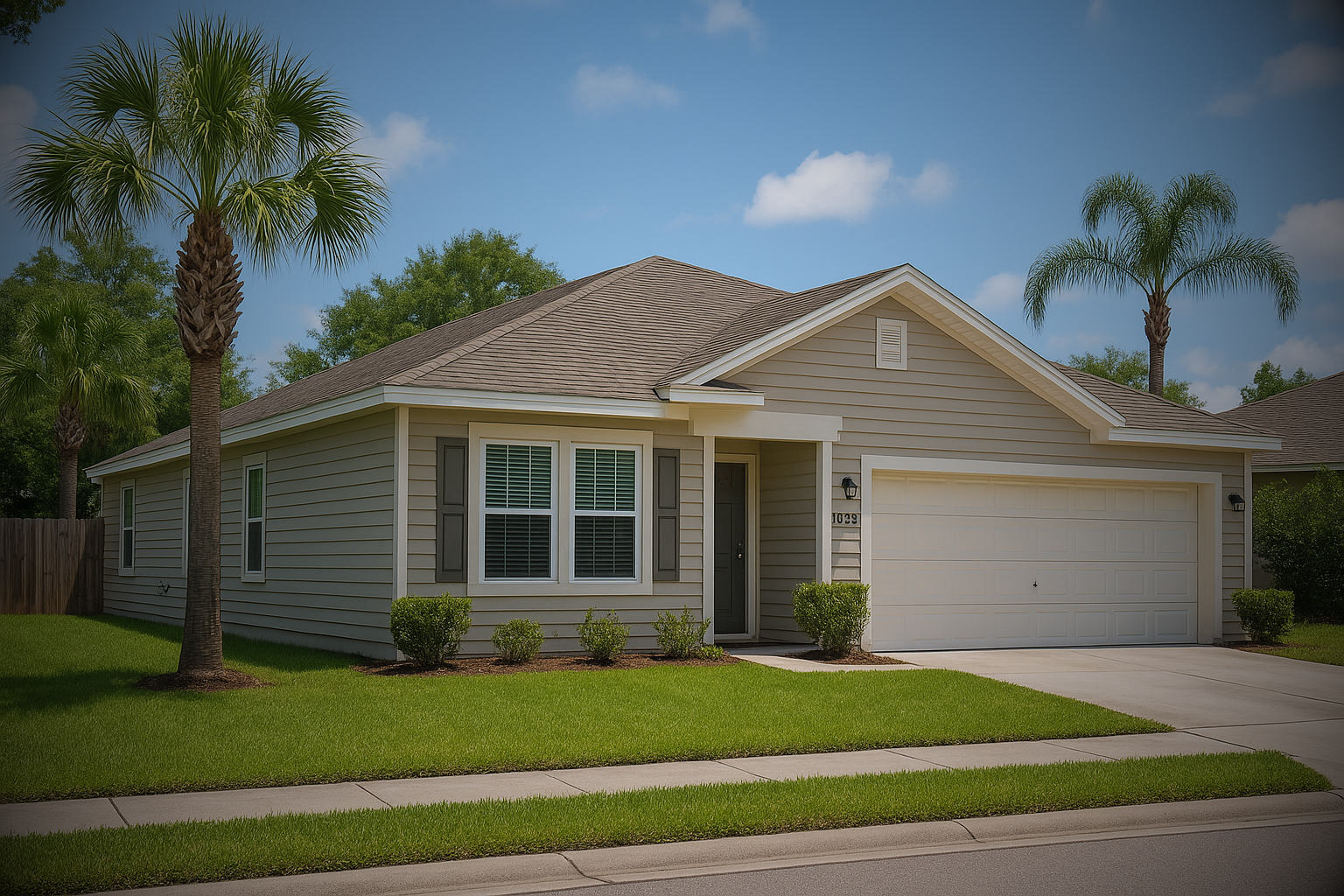Are you considering adding a condo to your investment portfolio? Condominiums might seem like an attractive option at first glance, but they come with their own set of challenges that can make them less than ideal for investors. Before taking the plunge, let’s explore why condos can sometimes be risky investments.
Here are my 10 reasons why.
1. High Association Fees
One of the biggest downsides of owning a condo is the homeowner’s association (HOA) fees. These monthly dues cover maintenance of common areas and building amenities, but they can be quite steep and tend to increase over time. For an investor, these fees can significantly cut into potential rental income and overall return on investment.
2. Slower Appreciation
Condos generally appreciate at a slower rate compared to single-family homes. This means that your investment might not grow as quickly as you’d hoped, potentially impacting your long-term investment goals and profitability.
3. Restrictive HOA Rules
Living in a condo comes with a set of rules governed by the HOA. These can include restrictions on renovations, limitations on renting out your unit, and even rules about how you can decorate. As an investor, these restrictions can limit your control over the property and make it less appealing.
4. Risk of Special Assessments
If major repairs or upgrades are needed in the building, the HOA might levy special assessments on all owners. These unexpected fees can be substantial and can disrupt your financial planning.
5. Market Saturation Concerns
In some areas, the condo market can become saturated, making it difficult to sell or rent your unit at a competitive rate. This oversupply can also affect the long-term appreciation potential of your investment.
6. Financing Hurdles
Securing financing for a condo can be more challenging than for a single-family home. Lenders often have stricter requirements for condo mortgages, which can include higher down payments and interest rates, making it a less attractive investment option.
7. Rental Restrictions
Many condos come with restrictions on renting, such as minimum lease terms or limits on the number of units that can be rented at any given time. These rules can significantly impact your ability to generate steady rental income.
8. Less Privacy and Potential Noise Issues
Condos often mean shared walls and common spaces, leading to less privacy and potential noise disturbances. These factors can be a turn-off for some tenants and can affect your rental desirability.
9. Dependence on HOA Management
The overall health of your investment is partially dependent on how well the HOA is managed. Poor management can lead to a decline in the building’s condition and, consequently, property values.
10. Market Volatility
The condo market can be more volatile than the market for single-family homes. Condos are often the first to see price declines in an economic downturn and the last to recover, making them a riskier investment choice.
Wrapping Up
While condos can be a suitable investment for some, they come with a unique set of challenges that shouldn’t be overlooked. It’s crucial to weigh these factors carefully against your investment goals and strategy. Remember, successful real estate investing involves not just purchasing the right property but understanding the nuances of each investment type.





